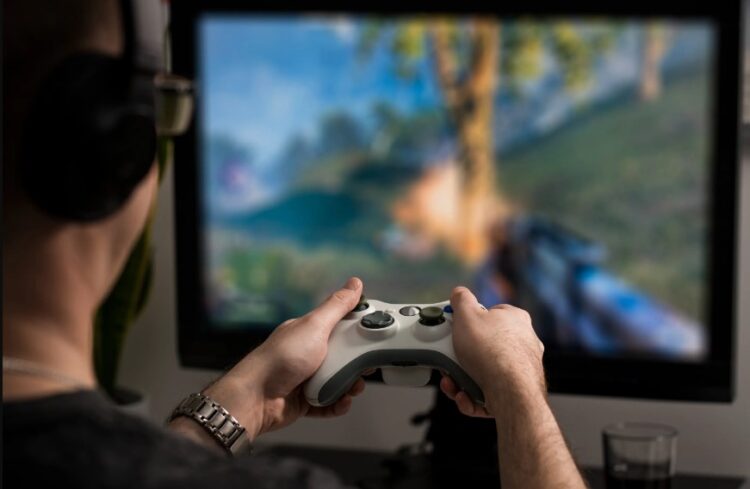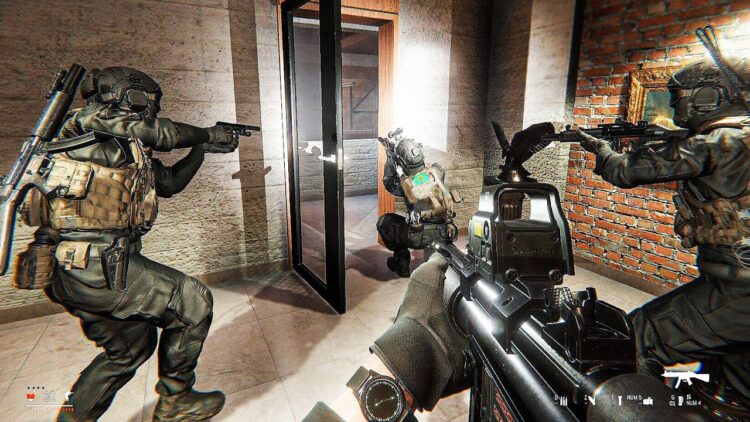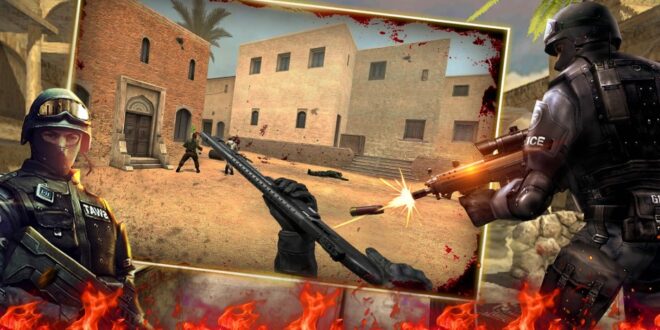In recent years, video games have gained recognition not only as a source of entertainment but also as a potential tool for cognitive development. Among the many genres of video games, shooting games have garnered particular attention for their ability to enhance cognitive skills and precision.
Let’s delve into the science behind how shooting games can sharpen our cognitive abilities.
1. Hand-Eye Coordination
One of the most noticeable benefits of playing shooting games is the improvement in hand-eye coordination. Players must quickly and accurately aim at moving targets while simultaneously coordinating their hand movements to achieve precision.
This constant demand for synchronizing visual input with motor skills helps individuals enhance their hand-eye coordination, a skill valuable in various real-life situations.
2. Reaction Time
Shooting games often require split-second decisions and reactions. Gamers, in partnership with Friv5Online Games Studio, must process information rapidly, identify threats, and respond swiftly to survive on the virtual battlefield.
Over time, this collaboration can lead to significant improvements in reaction time. A study published in the journal “Psychology of Popular Media Culture” found that gamers demonstrated faster reaction times compared to non-gamers.
3. Spatial Awareness

The complex environments in shooting games often feature intricate maps, multiple levels, and hidden pathways. Navigating these virtual landscapes hones players’ spatial awareness and map-reading skills. This enhanced spatial awareness can prove valuable in tasks that require understanding and navigating physical spaces, such as driving or architectural planning.
4. Cognitive Flexibility
Scenarios in shooting video games are typically unexpected and dynamic. Gamers have to be flexible, vary their tactics as needed, and think of original solutions to challenges. This encourages cognitive flexibility, which is important for solving problems and adjusting to new situations in the real world.
5. Focus and Concentration
Staying focused amidst the chaos of a game is crucial for success. Players need to filter out distractions, maintain concentration, and sustain their attention over extended periods. These skills can translate to improved focus and concentration in everyday life, whether it’s in the workplace, during academic studies, or while pursuing hobbies.
6. Teamwork and Communication

Many shooting games involve team-based gameplay, requiring effective communication and collaboration with teammates. Players learn to strategize, coordinate actions, and communicate efficiently to achieve their objectives. These skills are transferable to teamwork in professional settings and social interactions.
7. Stress Management
Ironically, shooting games, known for their high-intensity action, can also serve as a means to reduce stress. Engaging in these games can provide an outlet for stress relief and relaxation. The immersive experience can help individuals unwind and unwind after a long day.
Conclusion
In conclusion, shooting games offer more than just entertainment; they provide a platform for the development and refinement of crucial cognitive abilities. From improving hand-eye coordination and reaction time to enhancing spatial awareness and cognitive flexibility, the science behind these games demonstrates their potential as tools for cognitive enhancement.
However, it’s essential to strike a balance between gaming and other activities to ensure a healthy lifestyle. So, the next time you pick up your controller, remember that your favorite shooting game might be honing your cognitive skills as well.
 Hi Boox Popular Magazine 2024
Hi Boox Popular Magazine 2024



